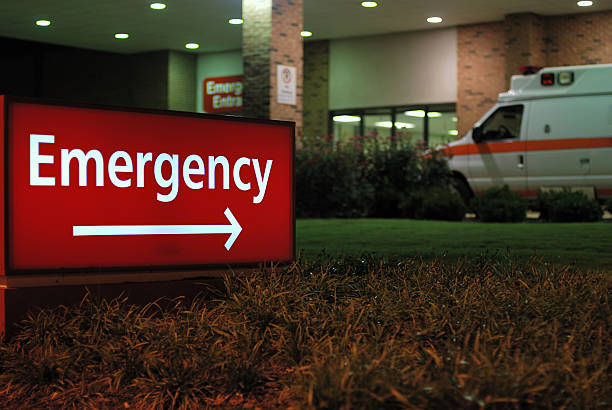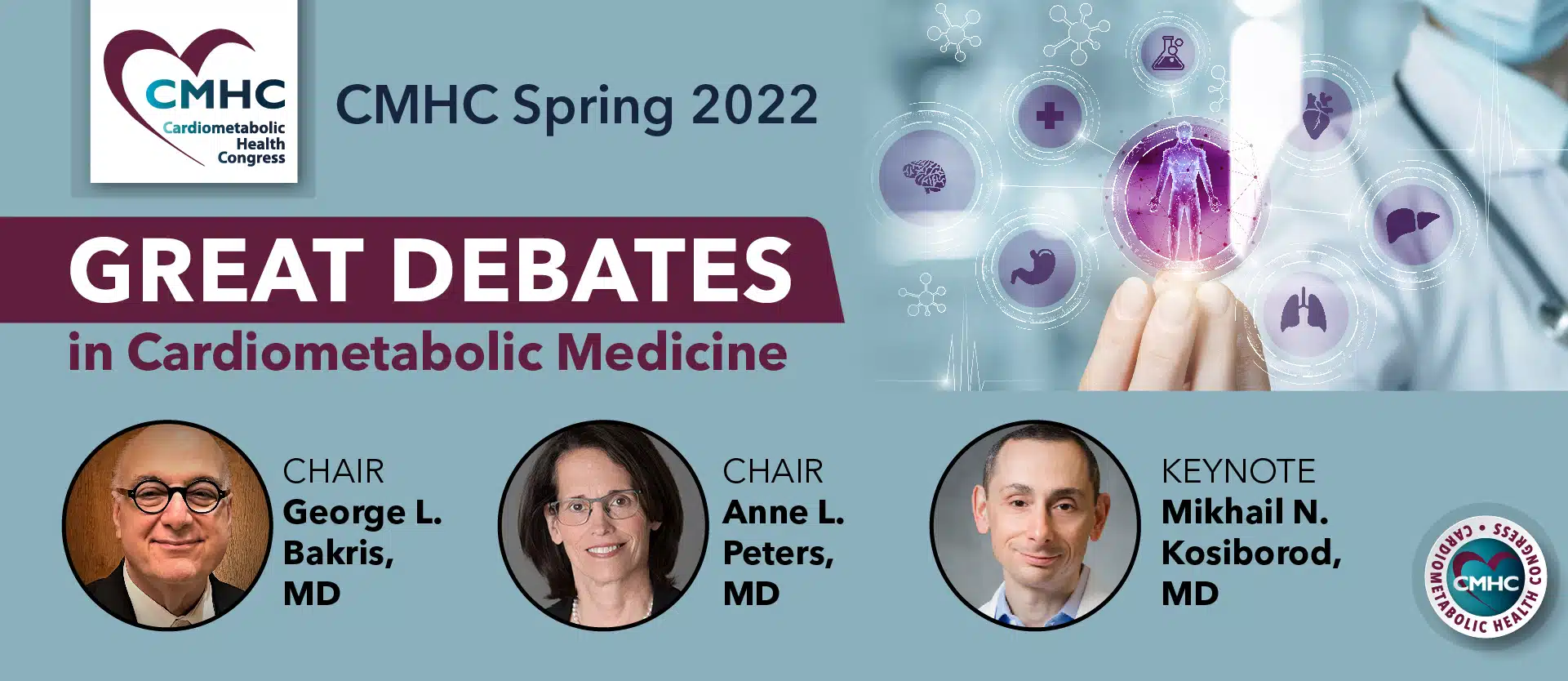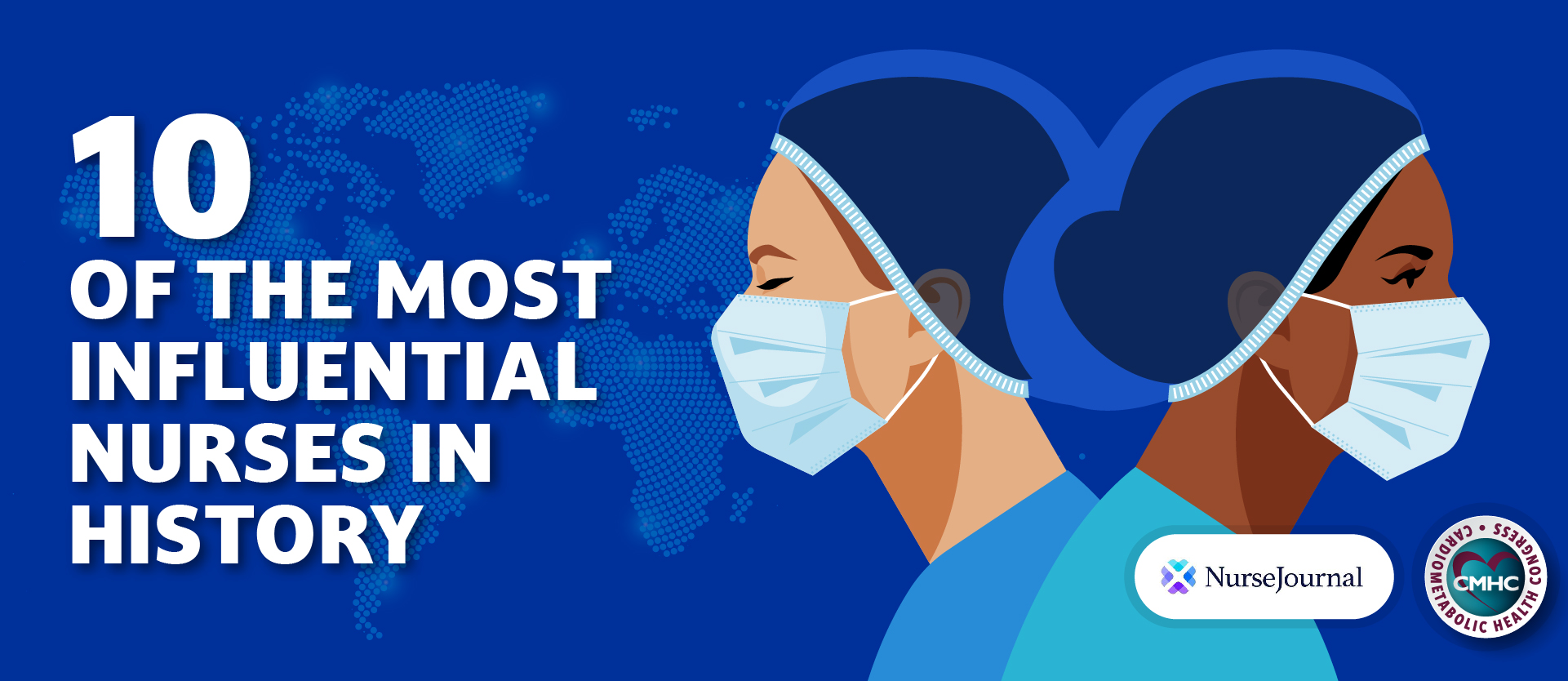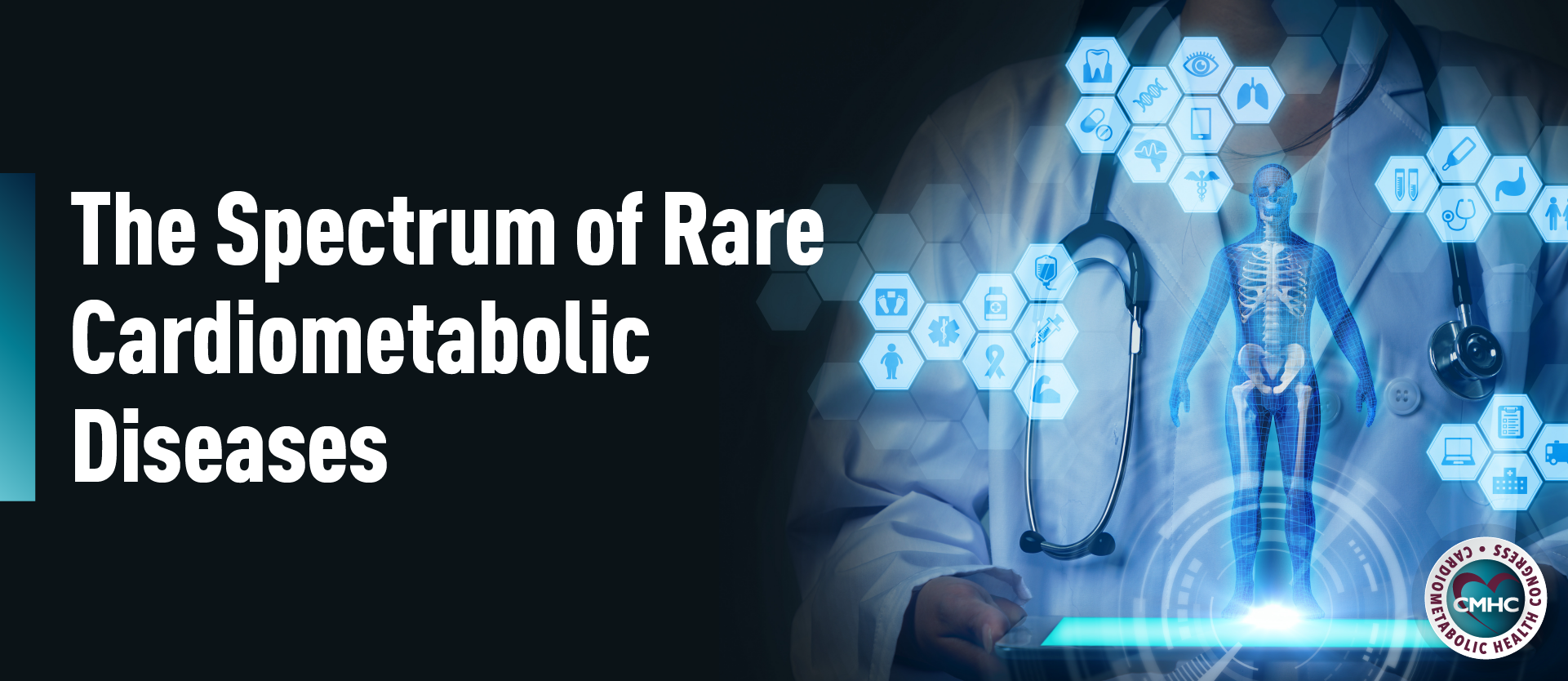The National Committee for Quality Assurance (NCQA), an independent non-profit organization that works to improve health care quality, has recently given its patient-centered medical home ‘a makeover’ in order to “reduce documentation burdens, lower costs, and facilitate quality improvements.”
The NCQA’s move marks a growing effort spearheaded by the healthcare industry’s leadership organizations in response to new technologies, uncertainty surrounding reimbursements, and heightened reporting requirements. The organization’s recent announcement of a comprehensive overhaul will enact changes that aim to create “a much more user-friendly version of the popular practice transformation framework that avoids the pain points of previous iterations of the program,” said Michael S. Barr, MD, Executive Vice President of the Quality Measurement and Research Group at NCQA.
Due to a host of complaints from physicians and providers regarding the ‘unduly onerous’ recognition process, the NCQA wishes to reduce or eliminate costs, lower documentation burdens, and streamline some of the aspects of the recognition process that were devaluing patient care. A marked change is the abolition of distinctions between Level 1, 2, and 3; providers are now recognized or working towards recognition. The NCQA and healthcare industry realizes that ‘all-or-nothing measurements’ are not the optimal, most effective way to encourage innovation and improvement.
Moreover, the NCQA has replaced the three-year recertification cycle with annual check-ins, so that providers are not required to go through the entire recognition process again. Yearly meetings are designed to ensure that recognized practices are primarily focused on a high level of patient-centered care, and continuously improving. Each practice will also be assigned an NCQA representative, who can assist them in moving throughout the process, and also confirm and certify that the practice has met the necessary requirements.
Barr hopes that the revamped PCMH recognition process will help providers move towards a more efficient, effective way to deliver care, but admits that they will need more than yearly check-ins to succeed in an increasingly data-driven world. He urged stakeholders that it is time to “optimize electronic health records (EHRs), so that we can really align them with what we need to do to improve patient care.” Barr further clarifies that EHRs should be redesigned in order to effectively communicate the patients’ stories, and simultaneously equip providers with the necessary data to make informed, personalized, and effective choices with the patient and caregivers.


















